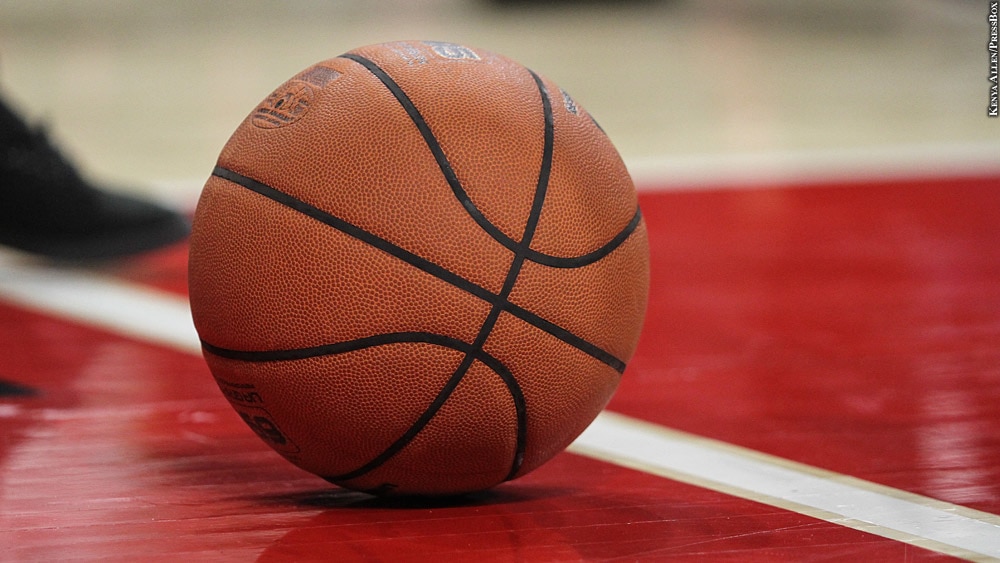Anybody who’s ever shot a basketball at a hoop knows thedream and the imaginary soundtrack thatgoes with it.
You’re out there by yourself, hoisting jump shots from the corner, and in your head there’s the voice of some announcer, shouting, “Three seconds to go, two seconds … down by a point … shot’s up … It’s good! And the crowd’s going wild!!!”
You can hear the cheering even now, can’t you? It’s years,decades maybe, since you played that little game inside your head. But somedreams never die.
Only the reality dies.
And now, so does the cheering crowd. Everyone’s been orderedout of the building, players included. There’s a moratorium on close breathing.
The NCAA first announces they’ll play tournament basketball, but no fans other than players’ families will be allowed into the arenas. Then, there’s an update: games called on account of common sense.
March Madness, gone. All NCAA winter and spring athletic tournaments, gone. The National Basketball Association, gone until further notice. Major League Baseball, no more spring training games, and the regular season will start late.
In other words, no more sporting events until we figure outthe best way for the largest number of people to survive the currentcoronavirus pandemic.
In one sense, ballgames are the least of our worries. They’re only games. We can find other, more isolated, ways to entertain ourselves while we figure out how many people will be sickened and how many will die from this disease.
But the cancellations also touch the heart of our approach to this pandemic: our level of anxiety, our new, self-imposed isolation, our fears, rational or otherwise, of each other.
Yesterday morning, Mar. 12, former NBA star Charles Barkley said the NCAA would err if it went ahead with the March Madness playoffs, whether fans are in the stands or not. Call off the tournament, he said.
He was smarter than the big shots who run the NCAA.
“It was us looking at this and saying we have a responsibility first and foremost to our students and to the coaches and staffs and to the public at large,” Mark Emmert, the NCAA president, first told the New York Times. “We’re trying to find the right balance between our responsibilities in public health and providing young men and women the opportunity to play in the tournament of their life.”
Oh, really?
As Barkley points out, these players the NCAA wishes to “protect” are all over each other, bodies bumping and breathing close-up, coughing and sweating, exposed to all kinds of contact — and we still haven’t got sufficient testing procedures in this country to know who’s already infected and who’s not.
Clearly, the NCAA was initially putting profits over players’ health. To call off March Madness is to call off colleges’ biggest revenue stream — multi-millions of dollars flowing from TV networks that carry the games to the NCAA itself.
Finally, as one sports league after another announced the suspension of their games, the NCAA decided to shut down its basketball tournament altogether.
Somebody discovered it’s the right thing to do.

A former Baltimore Sun columnist and WJZ-TV commentator, Michael Olesker is the author of six books. His most recent, “Front Stoops in the Fifties: Baltimore Legends Come of Age,” was reissued in paperback by the Johns Hopkins University Press.





